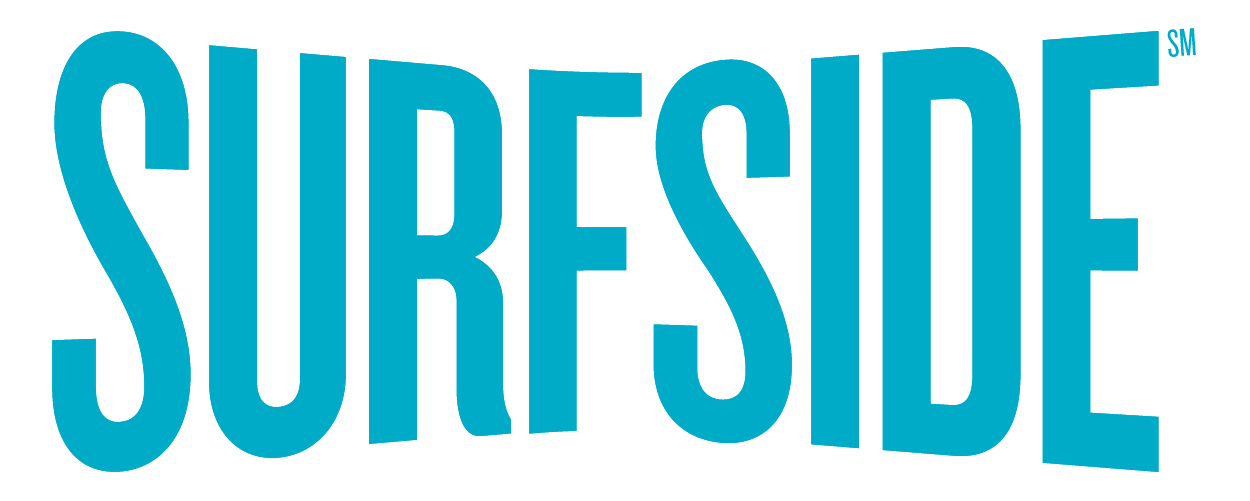What are the 6 Myths About Baby Teeth?
Thanks to advances in technology, new parents now have access to relevant information that will help them take care of their baby and ensure the little one’s good health. However, this easy access to information comes with a price: it can also be confusing to sift through all the advice, recommendations and “expert” tips you see online and determine which ones are true or effective.
Dental care for babies is one such category where advice and information never seem to run out online. If you don’t know how to scrutinize your source well, you might end up with incorrect, outdated or misleading information that can do more harm than good to your baby.
Rounded up below are 6 myths about baby teeth that you must be aware of, and the truth behind them.
-
Babies can’t get cavities.
They can, especially if you already feed him solid foods that have natural sugars. If you share eating utensils with him, avoid this practice because cavity-causing bacteria from your mouth can transfer to his mouth this way.
-
Baby teeth are nothing to worry about because your child will lose them eventually.
Even if baby teeth will be replaced when the child gets older, keeping them healthy is a must in ensuring your child’s proper oral development. Your child will be able to digest food better if he has healthy teeth. Also, you don’t want your child to suffer from toothaches due to cavities so you really need to think about keeping his baby teeth healthy.
-
Baby teeth should only be brushed once a day.
While this would suffice, it’s smarter to do so twice a day to prevent the proliferation of harmful bacteria in your child’s mouth.
-
Fluoride toothpaste is too harsh for kids.
Some kids have shown sensitivity to fluoride (they get red bumps or irritation around their mouth). But this doesn’t change the fact that they need fluoride to keep their teeth strong. It is safer, however, to use mild fluoride toothpaste for your little one when he’s already two years old, or seek the advice of your dentist.
-
Your child doesn’t need to go to the dentist until he’s three years old.
The truth is your child needs to see the dentist when he cuts his first few teeth or by his first birthday. The dentist can already tell so much about your child’s oral health at this stage such as his cavity risk. Also, it’s very important to get professional advice on how to keep your child’s baby teeth in good condition, which can be done even before he turns three.
-
Teething can give your child fever and diarrhea.
This is actually a fact. Fever and diarrhea are common manifestations of teething. These symptoms are more severe when your child gets his back molars.
For accurate, up-to-date information on taking good care of your child’s teeth, call your family dentist and set up an appointment to prepare for your baby’s crucial growth years.




